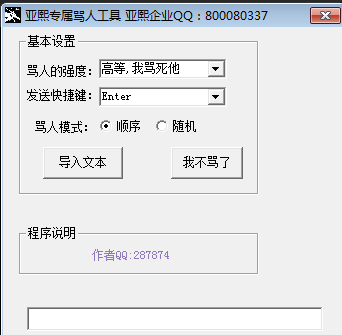linux中单引号和双引号的区别是什么
时间:2021-11-23 10:54
区别:单引号属于强引用,它会忽略所有被引起来的字符的特殊处理,被引用起来的字符会被原封不动的使用;而双引号属于弱引用,它会对一些被引起来的字符进行特殊处理。简单来说,单引号直接输出内部字符串,不解析特殊字符;双引号内则会解析特殊字符。 本教程操作环境:CentOS 6系统、Dell G3电脑。 1、单引号 单引号属于强引用,它会忽略所有被引起来的字符的特殊处理,被引用起来的字符会被原封不动的使用,唯一需要注意的点是不允许引用自身; 单引号将其中的内容都作为了字符串来,忽略所有的命令和特殊字符,类似于一个字符串的用法 2、双引号 双引号属于弱引用,它会对一些被引起来的字符进行特殊处理。 双引号与单引号的区别在于其可以包含特殊字符(单引号直接输出内部字符串,不解析特殊字符;双引号内则会解析特殊字符),包括 3、反引号 反引号用来包含一个命令字符串的,其中的命令会先执行,得到的结果会返回到层命令再执行: 反引号类似与 相关推荐:《Linux视频教程》 以上就是linux中单引号和双引号的区别是什么的详细内容,更多请关注gxlcms其它相关文章!
echo 'This is a string'
>>> This is a string
echo 'ls ./'
>>> ls ./
', ", $, \,如果要忽略特殊字符,就可以利用\来转义,忽略特殊字符,作为普通字符输出:var = 1
echo '$var'
>>> $var
echo "$var"
>>> 1
echo "Here 'this is a string' is a string"
>>> Here 'this is a string' is a string
echo "Here \"this is a string\" is a string"
>>> Here "this is a string" is a string
echo `echo 'this is the inner string'`+'out'
>>> this is the inner string+out
echo `echo 'this is the inner \` string'`+'out' #转义反引号
>>> this is the inner ` string+out
$(command)类似。#一个使用例子,如果想要遍历当前文件夹及其一级子文件夹:
ls $(ls)
ls `ls`
>>> first_folder
>sub_1 ..sub_2
> second_folder
>sub_1 ..sub_2
>



























